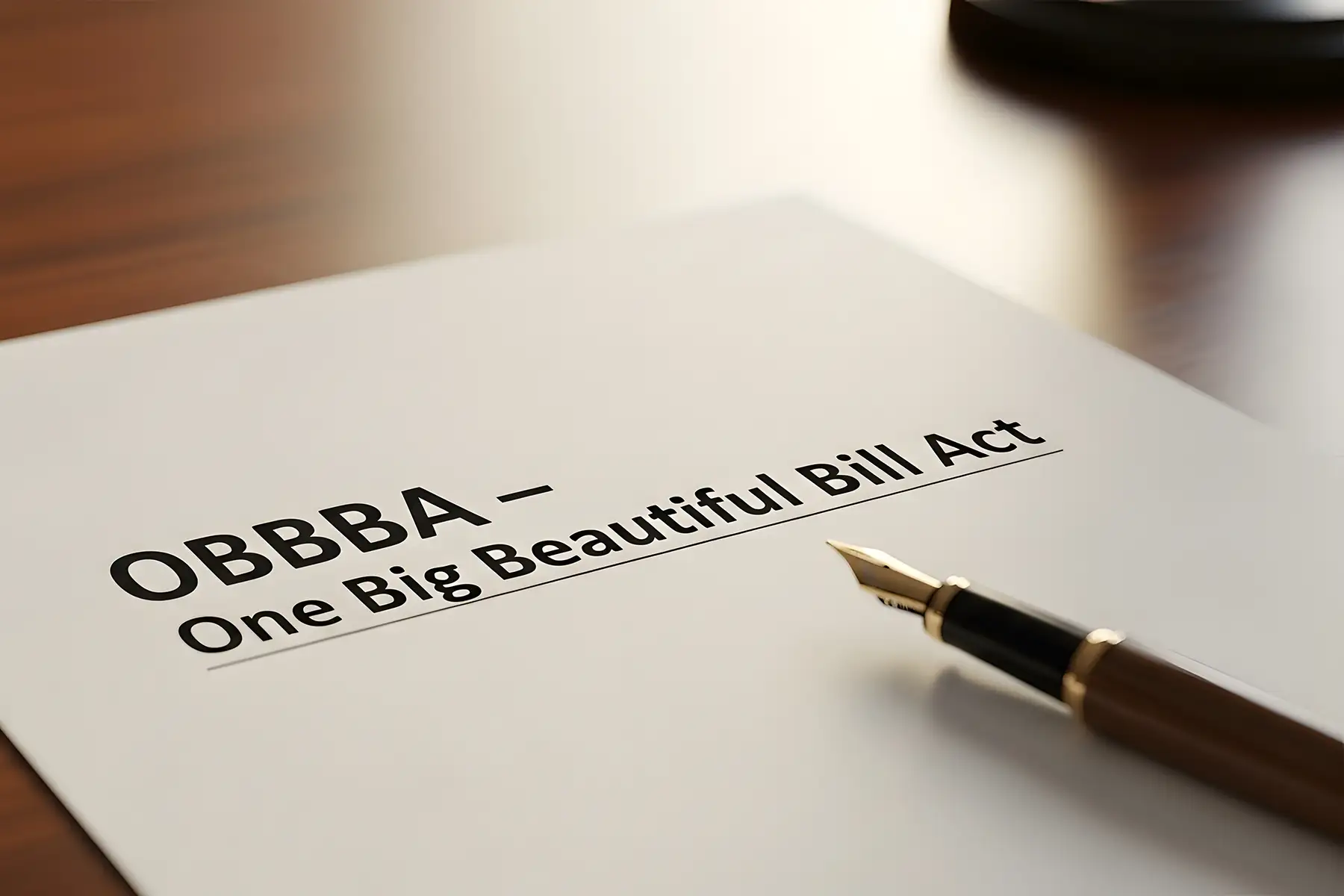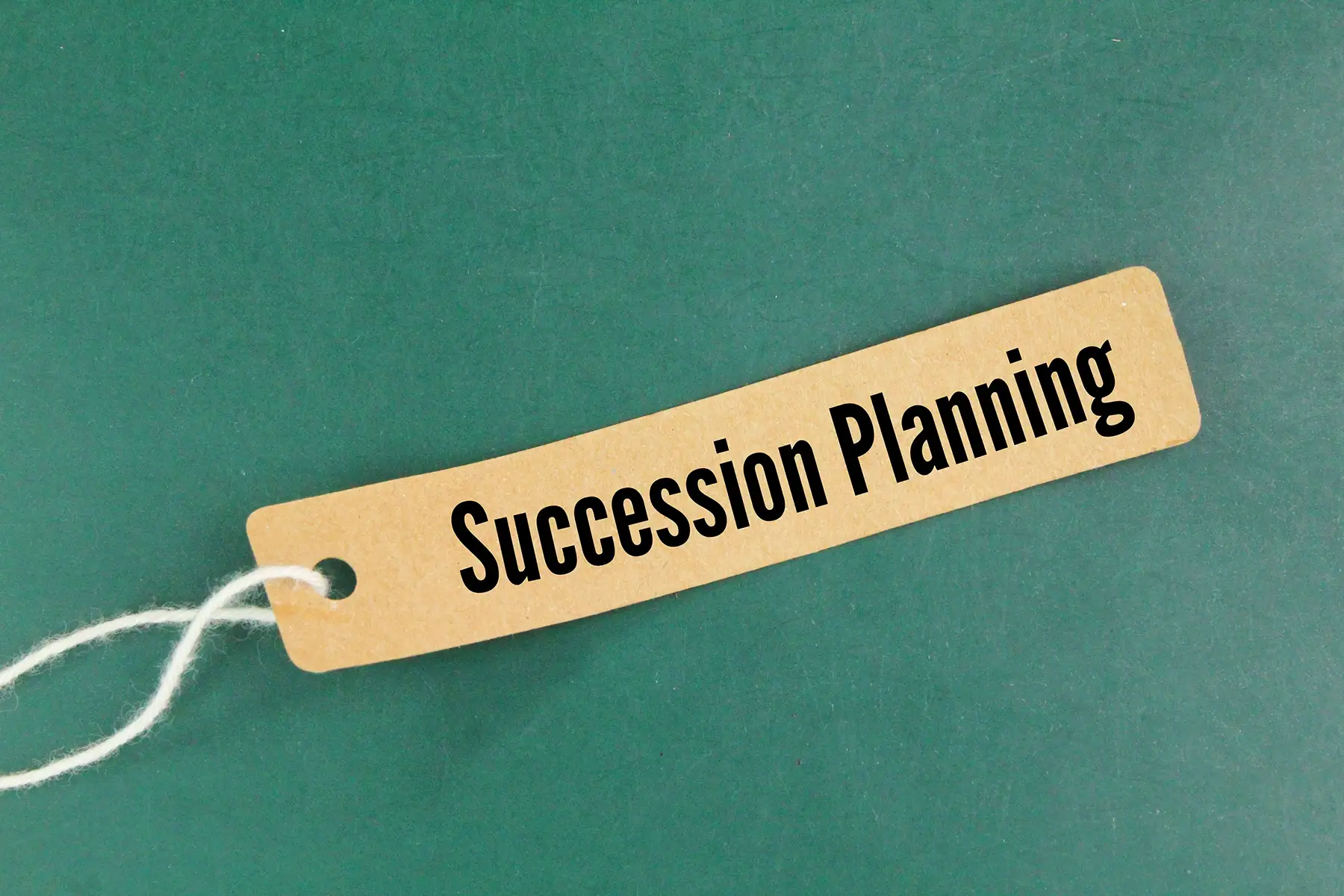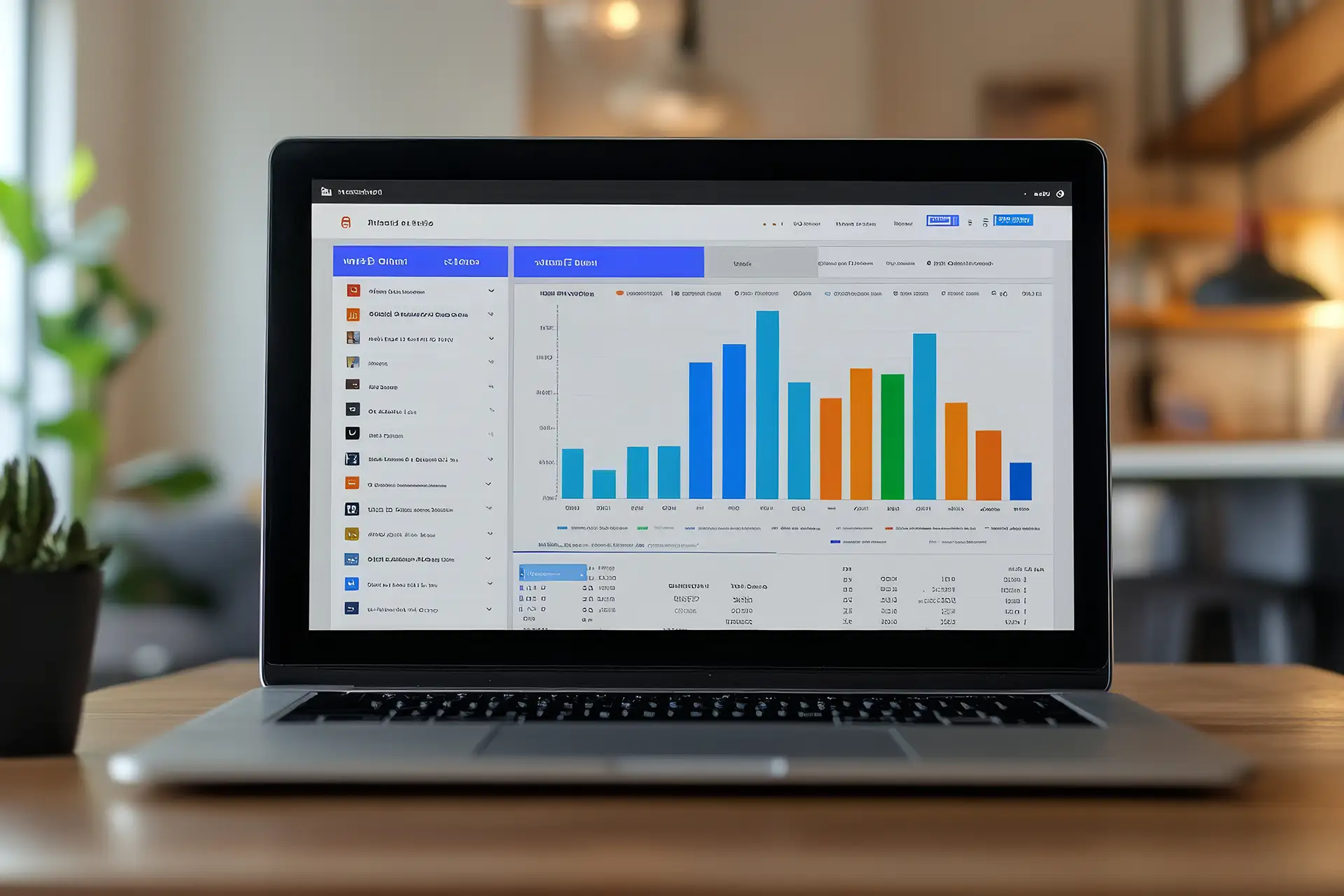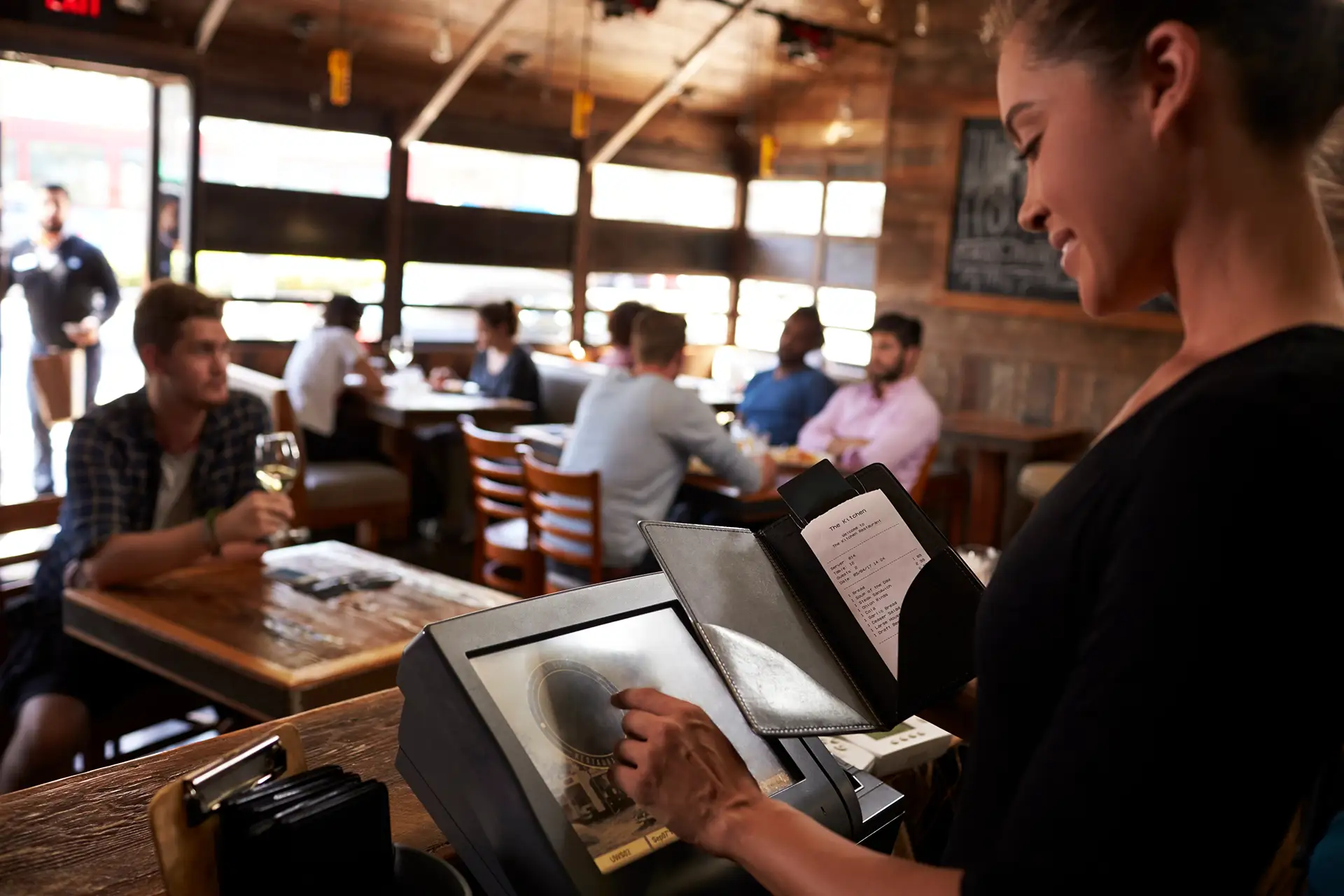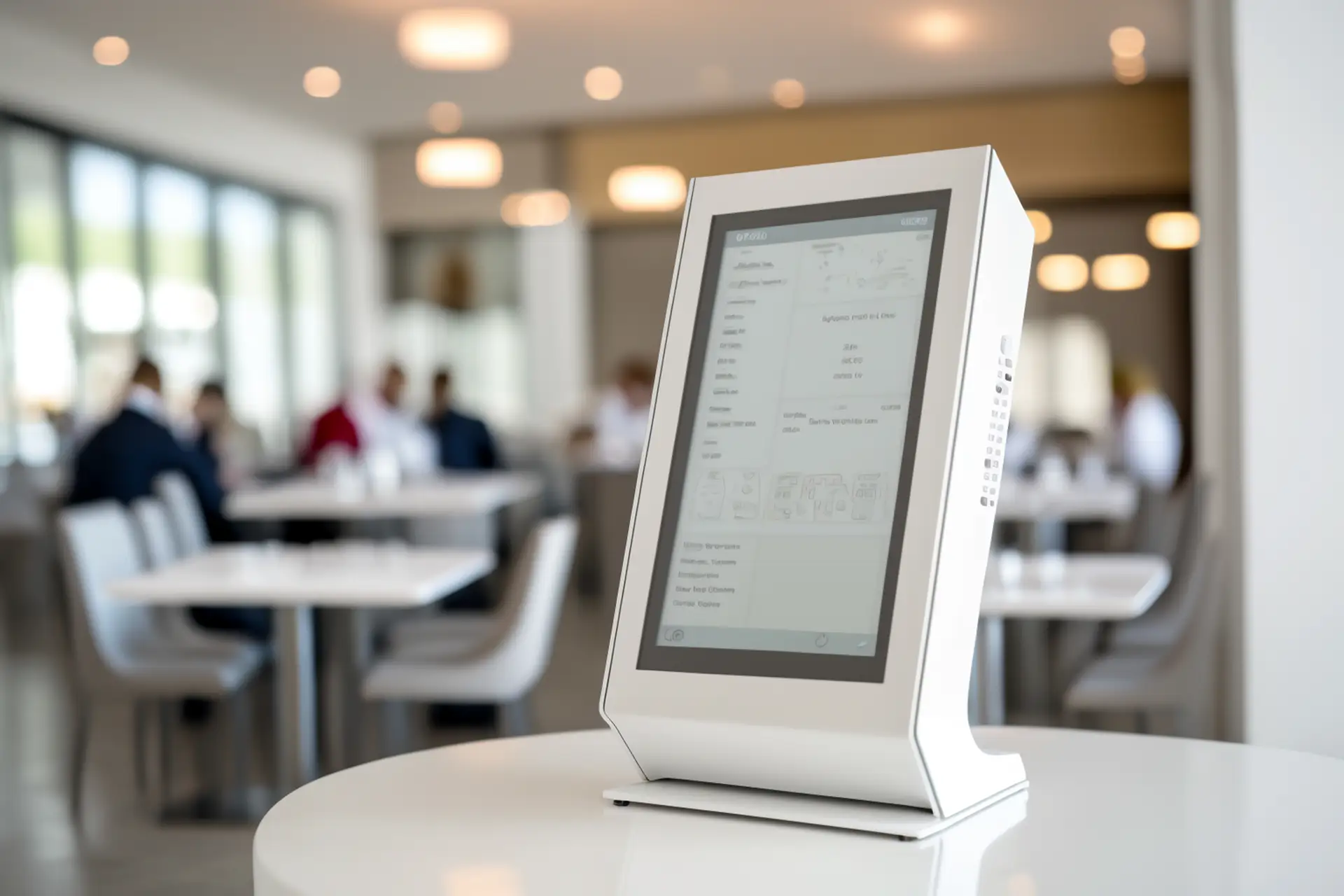On July 4, the president signed into law the One Big Beautiful Bill Act (OBBBA), implementing many significant tax and spending policy changes and extending many tax provisions previously set to expire. IRS guidance on the new legislation is still forthcoming—RBT CPAs will continue to provide updated information as this guidance is issued. But for now, here are some of the key provisions of the legislation impacting the restaurant industry.
No Tax on Tips
The OBBBA creates a temporary deduction of up to $25,000 per year for qualified tips received by individuals in occupations where tipping is regular and customary, available for tax years 2025 through 2028. The deduction begins to phase out when the taxpayer’s modified adjusted gross income (MAGI) exceeds $150,000 ($300,000 for joint filers).
The deduction is limited to tips voluntarily paid by customers (not mandatory service charges), including tips shared through pooling arrangements. W-2s and 1099s will need to reflect the qualifying tipped occupation for both employees and contractors. The Treasury Department is expected to issue a list of eligible occupations and provide further IRS guidance for tracking designated cash tips.
No Tax on Overtime
The OBBBA creates a temporary deduction of up to $12,500 ($25,000 for joint returns) for individuals who receive qualified overtime compensation (as defined by the Fair Labor Standards Act), available for tax years 2025 through 2028. The deduction applies only to overtime compensation and begins to phase out when the taxpayer’s modified adjusted gross income (MAGI) exceeds $150,000 ($300,000 for joint filers).
The deduction applies only to federally required overtime under FLSA (Section 7), not to enhanced state overtime rules or those negotiated under collective bargaining agreements. W-2s will need to separately report qualified overtime compensation. Employers are strongly encouraged to review exempt and non-exempt classifications now to prepare for future IRS scrutiny.
Bonus Depreciation
The OBBBA makes permanent 100% bonus depreciation for qualified property, including qualified leasehold improvements, placed in service as of January 19, 2025.
Increased Section 179 Deduction
Section 179 lets businesses deduct the cost of most tangible equipment (and certain building improvements) instead of depreciating it over time. The OBBBA increases the Section 179 expensing limit to $2.5 million. The limit is reduced by the amount by which the cost of qualifying property exceeds $4 million (new phasedown threshold).
QBI Deduction
The OBBBA permanently extends the Qualified Business Income (QBI) deduction. This deduction allows eligible taxpayers to deduct up to 20% of their qualified business income. The permanent extension includes additional modifications that expand the phase-in range of the wage and investment limitation and introduce a minimum deduction for businesses in which the taxpayer materially participates.
Limitation on Business Interest
The OBBBA reinstates the EBITDA (Earnings Before Interest, Taxes, Depreciation and Amortization) limitation under Sec. 163(j), effective for tax years beginning after December 31, 2024. Adjusted taxable income (ATI) will be computed without regard to the deduction for depreciation, amortization, or depletion.
Additional Guidance
The above provisions represent just some of the recent tax and policy changes that may impact you and your business. To learn about additional relevant provisions—and for insights and guidance on how these changes could affect you—please don’t hesitate to reach out to our restaurant accounting professionals at RBT CPAs. Our team is here to support all of your tax, audit, accounting, and advisory needs. Give us a call today to find out how we can be Remarkably Better Together.

